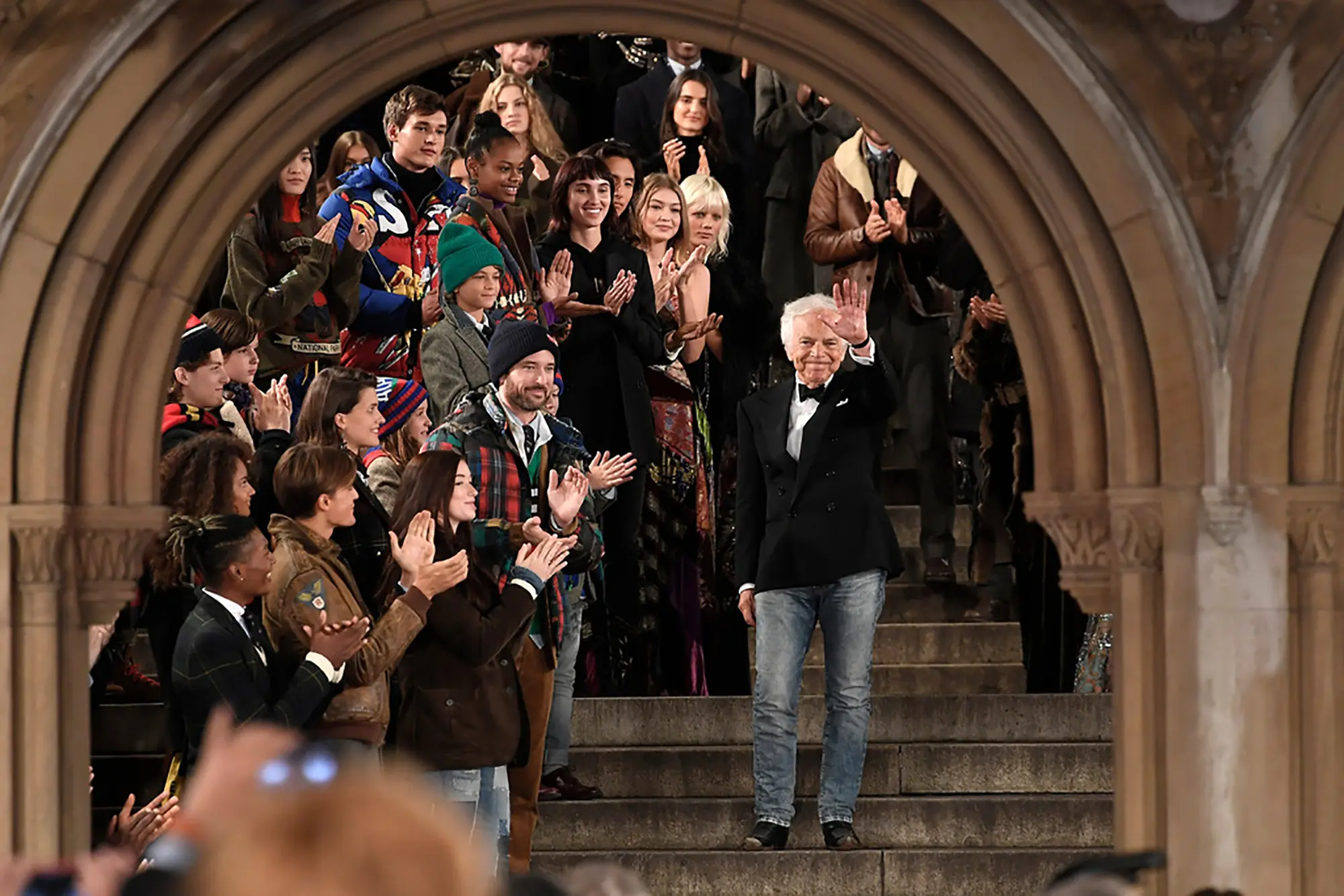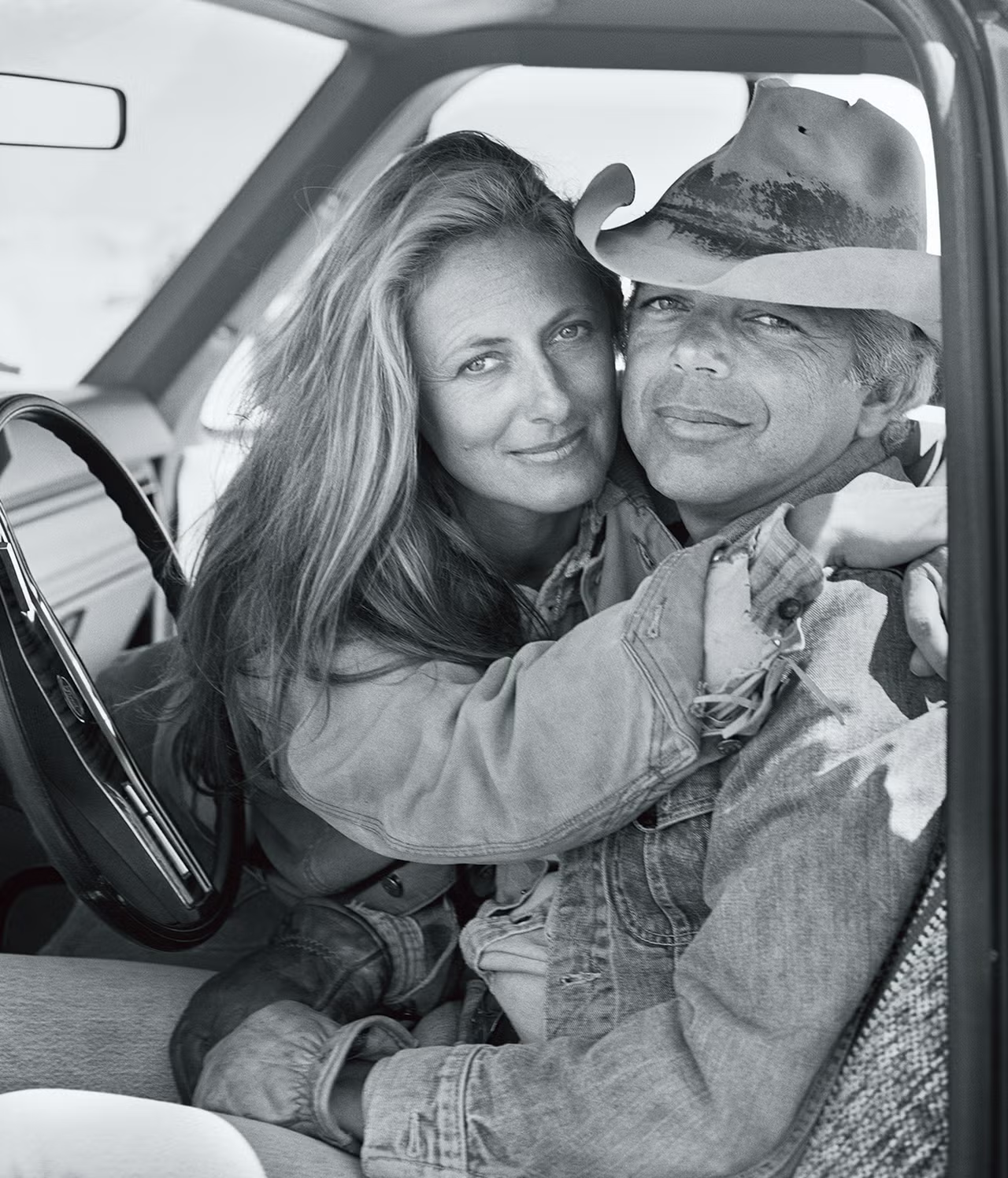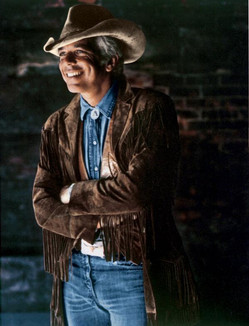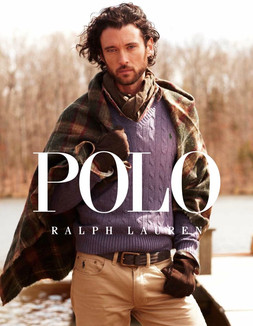The Future of Ralph Lauren: Legacy, Succession, and the LVMH Proposition
- Jennifer Declark

- Mar 26
- 3 min read
Updated: Mar 26

Few brands have captured the essence of American luxury like Ralph Lauren. It’s more than a fashion house—it’s a world, meticulously built over decades with an unwavering commitment to taste, vision, and storytelling. No other U.S. brand has created an empire of this scale, despite countless attempts to replicate its success. Ralph Lauren’s genius lies not only in his ability to design but in his ability to craft a lifestyle so immersive that it makes people feel something—aspiration, nostalgia, belonging.
I know this firsthand. Ralph Lauren was my first job in merchandising, and it shaped the way I see product, branding, and the emotional connection that great fashion evokes. The showroom itself was an extension of the collection’s narrative—each presentation wasn’t just about clothes; it was about transporting you to a world. One delivery might be the Adirondacks, with rich textures, warm leathers, and buffalo plaid, staged in a setting similar to a luxurious log cabin home in the fall. Another, the Hamptons, complete with a lightbox view of the ocean and furnishings that mirror Ralph’s own Hamptons home. It was beautiful theater, and we were the storytellers. It was here that I learned fashion isn’t just about what you wear—it’s about how it makes you feel.
But as with any visionary-led empire, the question of succession looms. Ralph Lauren IS the brand. He built the American dream, and while the company may not be as trendy today as it once was, the empire he created remains unmatched. The challenge is ensuring that dream endures beyond the man himself.
The Succession Challenge: Who Can Carry the Torch?
Founder-led brands face a unique dilemma—how do you replace someone whose vision is the lifeblood of the company? We’ve seen it go wrong more often than right. When the succession plan isn’t clear or well-executed, brands can lose their identity, their market share, and ultimately, their relevance.
While Ralph Lauren himself remains deeply involved, it’s important to note that the company, as a publicly traded entity, is not a traditional family-run business. This makes the question of succession all the more complex—who has the talent and leadership skills to continue the legacy while adapting to the evolving fashion landscape?
LVMH: The Masters of Legacy Stewardship
Not-so-recent reports (2022) suggest that LVMH and Ralph Lauren have engaged in discussions about a potential acquisition at some point in the future. In evaluating the fashion landscape, we find it difficult to contemplate a more fitting suitor — an intriguing possibility that could see one of America’s most storied fashion houses integrated into the world’s most powerful luxury empire. While no formal deal has been struck, the prospect raises compelling questions… How would Ralph Lauren’s distinctly American heritage evolve under LVMH’s stewardship? And could Bernard Arnault, a master of legacy-building, be the one to ensure its future while honoring its past?
If there’s any entity in the fashion world that understands legacy, it’s LVMH. The conglomerate has an extraordinary ability to appoint transformational leaders—both executives and creative directors—who can not only preserve but elevate iconic brands. They’ve done it with Louis Vuitton, Dior, Celine, Fendi, Loewe, and most recently, Tiffany & Co., proving that luxury and heritage can coexist with modernity. Unlike private equity firms looking for quick returns, LVMH plays the long game, ensuring that brands maintain their prestige while continuing to grow.
Bernard Arnault at the helm of LVMH, is a visionary and business mastermind who has built the world’s most powerful luxury empire. His ability to balance heritage with innovation is unparalleled, turning legacy brands into global powerhouses while maintaining their authenticity. His strategic leadership has transformed LVMH into a force that respects the past while relentlessly shaping the future. Arnault’s approach to acquisitions is thoughtful, ensuring that brands under the LVMH umbrella not only survive but thrive. If Ralph Lauren were to become part of this portfolio, it would be guided by one of the most astute minds in the industry.
Looking Ahead
Whether Ralph Lauren remains independent or finds a home within LVMH, one thing is certain: his impact on fashion is unparalleled. He didn’t just create a brand; he built a dream that generations have aspired to. The challenge now is ensuring that dream continues, even when its creator steps away.
For brands facing similar crossroads, the time to plan is now. Because the legacy of a great fashion house isn’t just about its past—it’s about securing its future.

























Kommentare